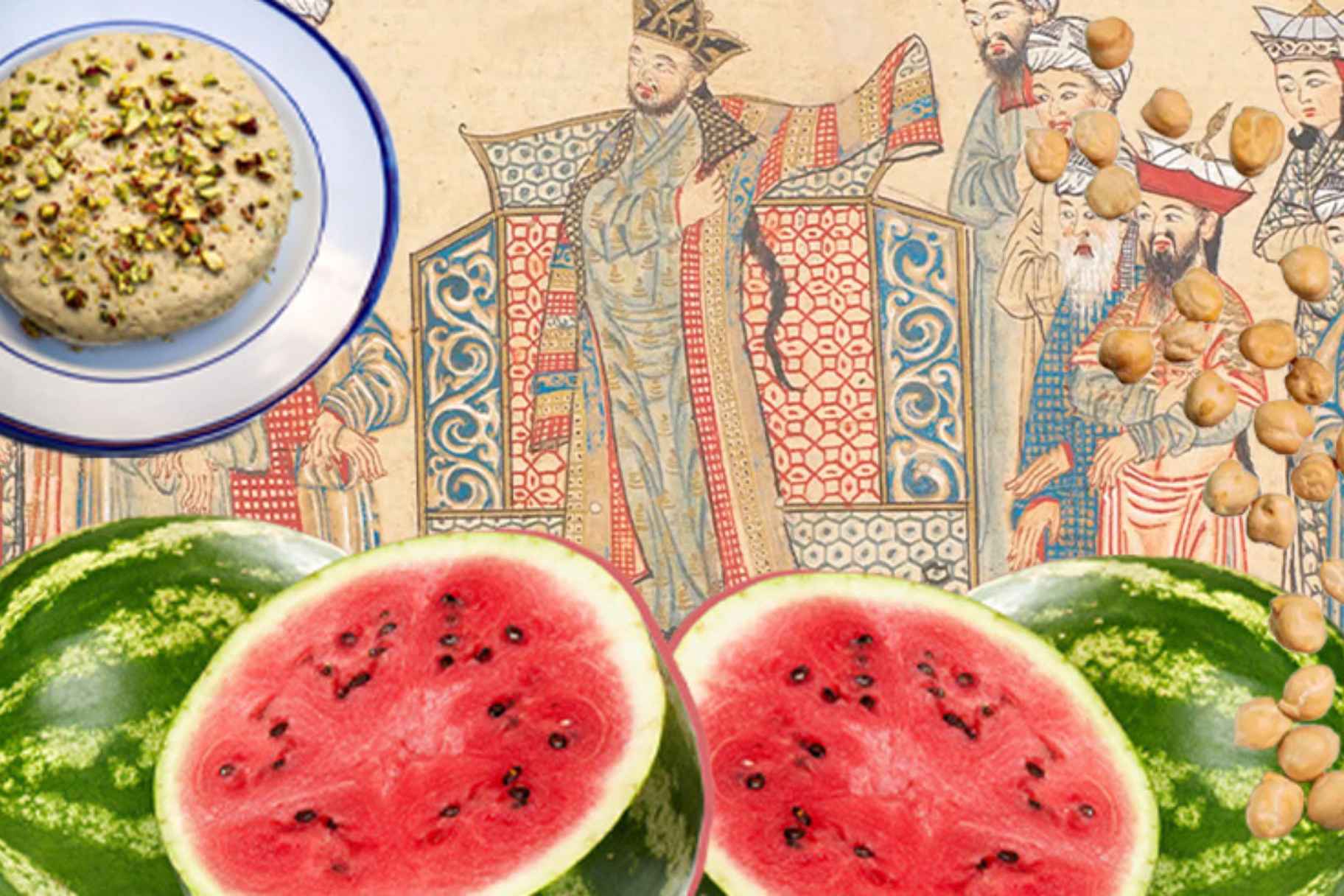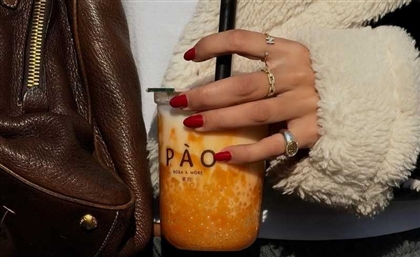The ‘History’ Behind Some of Egypt's Most Popular Culinary Sayings
By history, we mean someone made this up on a random Tuesday and we all decided to go along with it.

Egyptians are natural-born storytellers, and that much is irrefutable. After all, it’s how we’re able to walk through the literal history that our forebears preserved for us. Yet ancient ruins are not the only medium through which our narrative capabilities can be discerned. Oftentimes, the very proof of our masterful storytelling is in the air, spoken nonchalantly.
Our Egyptian dialect carries with it some curious sayings and proverbs, and usually, they have something to do with food. Whether it’s a mysterious watermelon found in the stomachs of the carefree, a hummus-less cup one may find themselves carrying home, or a zucchini that seems to take the blame for anything and everything, food sayings in Egyptian Arabic satiate all linguistic hunger. But where do they come from?
Well, the truth is, the truth is subjective, and there is no origin point to these sayings that can be retraced. What there are, however, are some fun speculative theories, and that’s exactly what we’re here to explore. Without further ado, here are a few of Egypt’s most popular culinary colloquial sayings and their potential origins.
‘La de kosa ba’aa’
Rough translation: ‘Man, this is some Zuchini right here.’
-a9515b0b-836f-450e-bd6d-93992c3c8d21.jpg)
At some point in Egyptian history, zucchinis somehow became synonymous with nepotism. In any situation where someone is given special treatment, the verbal go-to is ‘La de kosa ba’aa’... but where did it come from?
One of the leading theories centres around a zucchini merchant. It’s said that in medieval Cairo, merchants would line up at the city gates awaiting their opening at the break of dawn. Yet, of all the merchants, one in particular could not afford to wait due to his goods’ fast-deteriorating nature.
Given the people of Cairo’s love for zucchinis, the merchant was allowed to ‘cut’ the line, forever cementing zucchinis as the blueprint for all things favouritism.
‘Hatet f batno bateekha seify’
Rough translation: ‘He’s got a summer watermelon lodged in his stomach.’
Is that co-worker of yours awfully calm amidst chaos? That driver in front of you simply cannot be bothered to pick up the pace? Well, you could say they have a ‘summer watermelon’ blissfully filling up their stomach.
-ed2b541d-d352-46ea-abda-289e0823eae0.jpg)
Often used to denote nonchalance and a lack of care, the origin behind this particular saying is fairly straightforward. Watermelon is filled with vitamin B6 and other essential nutrients that help relieve muscle ache and stress, so the connection makes a lot of sense.
‘Takol b ‘akli halawa’
Rough translation: ‘You eat sweetness with my mind.’

Is someone trying to butter you up? Well, you’re likely to subconsciously hit them with this.
It is said that when the leaders of the Fatimid empire tried to gain favour with the Egyptian public, not much would work, that is until, they came up with the genius plan to smother Egyptians with ‘sweets’ - or to be more specific, ‘halawet el mouled’, thus the saying was born.
‘Kharag men el moulid bala hummus’
Rough Translation: ‘He left the moulid with no hummus.’
-8e0f432a-dc69-493b-9970-b22001c041ba.jpg)
A saying often repeated when loss is encountered, the phrase ‘Kharag men el moulid bala hummus’ is coined from the economic significance of chickpeas in Tanta. Every year, in October, hundreds of pilgrims flock to the city to celebrate the Moulid of El Sayed El Badawy, and consume his blessing in the form of holy hummus.
If someone were to leave the Moulid with no hummus, they would’ve lost every thing of significance in their lives - hence the despair-filled saying.
Trending This Month
-
Jan 14, 2026























